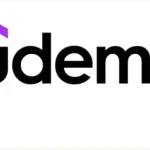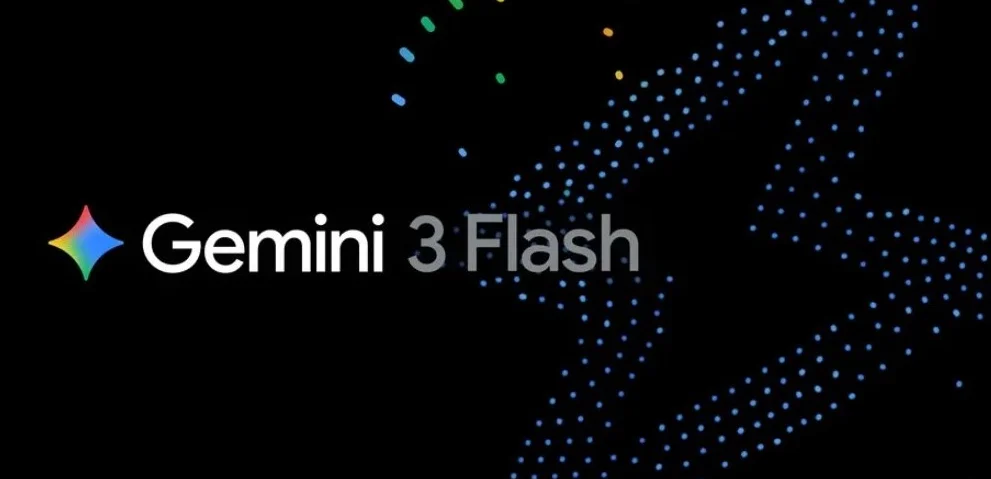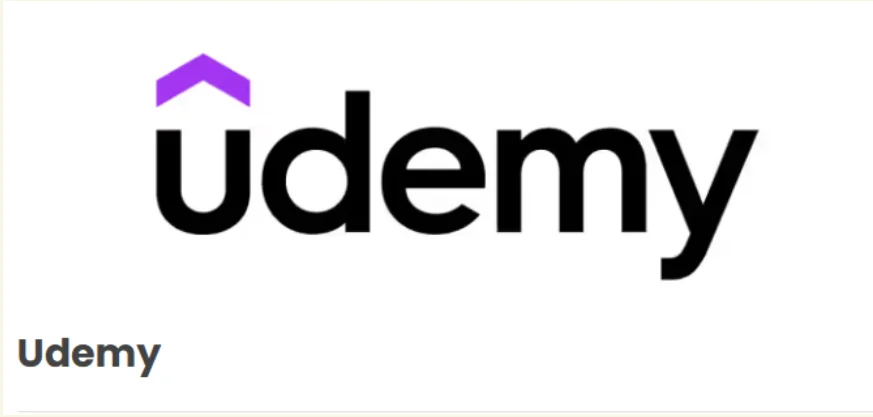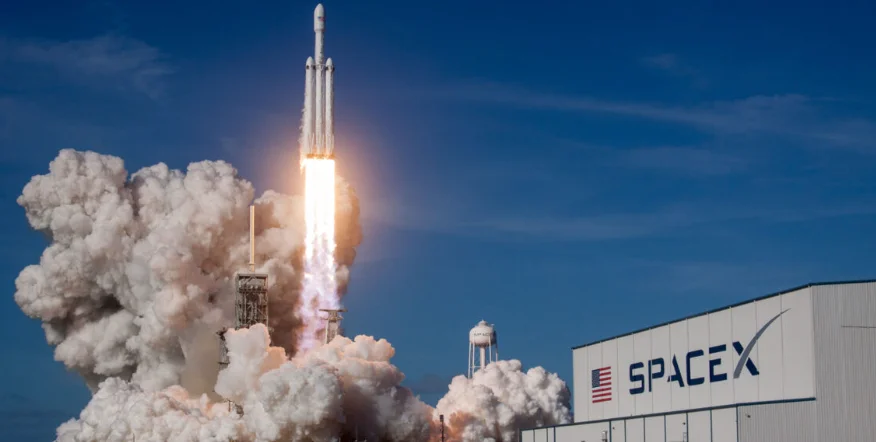Meta has announced the winners of its Llama Impact Accelerator 2025, granting a total of $200,000 to 12 promising AI startups from Nigeria, Kenya, Senegal, and South Africa. The program highlights Meta’s growing investment in Africa’s AI ecosystem, supporting startups that are solving real-world problems across sectors like healthcare, education, agriculture, public safety, and public services.
According to Meta, the initiative underscores the company’s commitment to fostering responsible AI innovation and empowering entrepreneurs across Sub-Saharan Africa (SSA).
Nigeria’s Top Innovators
Nigeria produced three standout winners in the program:
- MARMAR — $25,000: Developing an AI-native electronic medical record and mobile platform to eliminate medication errors in hospitals and homes.
- Purple Labs — $15,000: Building MediSync, an AI-powered diagnostic tool designed to transform patient care.
- DAWN AI Study — $10,000: Redefining inclusive learning through AI-driven early assessment and emotional-cognitive support tools.
Senegal’s AI Trailblazers
From Senegal, the following startups emerged winners:
- Kajou — $25,000: Delivering offline AI-powered e-learning for community health workers via the kSANTÉ platform.
- SamaCoach — $15,000: Promoting public health through AI-driven fitness and wellness programs.
- LOOKA Research — $10,000: Bridging Africa’s data gap with an AI-powered market intelligence platform.
South Africa’s Rising Innovators
South Africa also recorded strong representation in the program:
- eFama — $25,000: Connecting farmers and buyers through an AI-powered marketplace and fair-pricing engine.
- CatalyzU — $15,000: Aligning workforce skills and training with business goals using AI.
- Four Minute Medicine — $10,000: Leveraging microlearning and AI simulations to reduce medical errors in healthcare training.
Kenya’s AI Changemakers
Kenya’s winners showcased the country’s growing strength in AI innovation:
- DPE — $25,000: Transforming public health communication through localised, AI-driven messaging.
- Esheria Ventures — $15,000: Developing Kenya’s first multilingual digital paralegal platform.
- Neural Labs Africa — $10,000: Bridging diagnostic gaps with AI-powered radiology and teleradiology tools.
Driving Africa’s AI Future
Speaking on the program, Balkissa Ide Siddo, Director for Public Policy across Sub-Saharan Africa at Meta, said:
“The Meta Llama Impact Accelerator 2025 has been instrumental in fostering a new wave of AI innovation across Sub-Saharan Africa, in close collaboration with national ministries and local partners. We are incredibly proud of the solutions developed by these startups, which demonstrate the immense potential of AI to address critical challenges within their communities and beyond.”
About the Meta Llama Impact Program
The Meta Llama Impact Accelerator 2025 reflects Meta’s mission to drive inclusive AI innovation that resonates with local realities. Over 1,400 startups applied for the program, with 40 selected from across Nigeria, Senegal, Kenya, and South Africa.
The six-week accelerator included:
- Tailored business development sessions to refine go-to-market strategies.
- Technical workshops led by Meta engineers.
- Mentorship from AI specialists, investors, and business coaches.
The program culminated in Demo Day events across all four countries, where national winners were announced. Top winners will pitch at the AI Summit 2025 in Dubai (Nov 3–4, 2025) for a chance to secure up to $100,000 in regional funding.
Beyond the competition, startups will receive six months of post-program support, including access to Meta’s tools, investor connections, and ecosystem exposure.
Strengthening Africa’s AI Ecosystem
Through initiatives like the Llama Impact Accelerator, Meta aims to accelerate Africa’s digital transformation by supporting AI-driven solutions that improve healthcare delivery, education access, agricultural productivity, and governance efficiency.
This investment not only nurtures innovation but also empowers local talent to create technologies that solve Africa’s most pressing challenges and drive sustainable economic growth.














